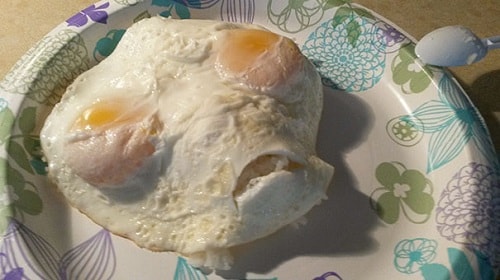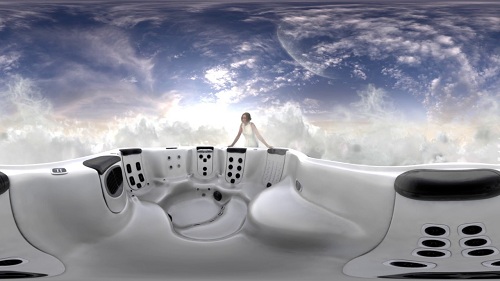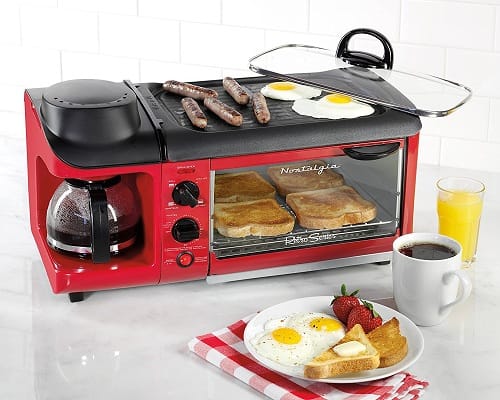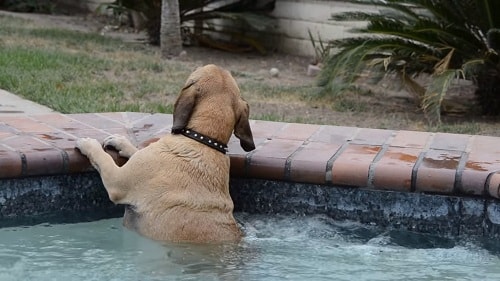Are you concerned about your HVAC clicking noises? In general, HVAC units are not supposed to make a lot of noises, but if that happens, it is necessary to find the reasons behind them. In most cases, some of the noises are natural, but others require immediate attention.

This article explains the types of noises you can expect to hear and the reasons behind them, and how to take care of your heating and air conditioning in Spokane.
What is behind the clicking noises of an HVAC system?
Clicking noises coming from an HVAC system can happen for various reasons. The primary reason for a clicking sound is when the system starts up. It is normal to hear a click when the system is turned on. It is a sign that the thermostat is communicating with the system.
However, if the clicking is constant, it can signify the presence of other problems. For example, if you hear clicking that becomes faster over time, it could mean the presence of an obstruction or damage to the fan.
Or a defective relay or a malfunctioning thermostat can be the problem and would need to be replaced. If the clicking is continuous, but the HVAC unit is not turning on, it can signify an electrical problem. If you hear the clicking coming from outside, the problem can be related to the compressor.
In case of constant clicking, it is always better to call a professional to inspect the system and either replace electrical parts or isolate and fix other broken elements inside the HVAC unit.
Most common HVAC system noises and what they mean
Other noises come out of an HVAC system, and each can be related to a specific malfunctioning part, while others occur naturally due to the system’s regular operation.
Here are some of the noises you can expect to hear:
1. Rattling sound
A rattling sound can signify that a part of the HVAC system has come loose, the motor is damaged, the panels or doors are flexible, or finally that there is debris in the mechanism of the AC system.
For example, suppose you hear a rattling sound coming from the outdoor system. In that case, you can figure that rocks, twigs, and other small elements have entered inside and are somehow impeding the correct functioning of some of the parts.
You can solve this situation by switching off the system, making sure that even the power supply is disconnected, opening the unit, and removing all the debris trapped inside. If the rattling is coming from inside your home (the furnace), electrical or mechanical parts are coming loose.
In this last case, you need to call for an expert to come and resolve the problem.
2. Squealing and screeching sounds
Typically, squealing and screeching sounds are caused by a problem with the moving parts inside the HVAC unit. It signifies that something is wearing off or breaking, and it must be taken very seriously. If it is not resolved, it can result in significant damages.
The damaged parts could be the belt, which would need to be replaced, or the motor bearings could be damaged. However, such sound can signify a problem with the condenser or the compressor in some modern systems.
Regular maintenance is one of the best solutions to prevent a similar event, but it is necessary to act quickly. Once it happens, there is nothing broken or damaged in the best case, but the motor needs lubrication, and you can do it yourself without calling a technician.
3. Hissing sound
A hissing sound results from air passing through walls or escaping the ductwork. If the ducts are not sealed or have holes when hair passes through, create the typical hissing sound.
Leaking ducts are a problem in terms of the efficiency of the HVAC system. As a result, you are wasting energy without reaching the expected results for your room temperature.
The hissing sound can also arrive from the vents because the air filters are not set up correctly. In this case, you have to adjust the filters to make the sound stop. Last but not least, the compressor might be responsible for a refrigerant leak, which creates the hissing noise.
It should be concerning if the refrigerant is licking since it contains hazardous chemicals, it is poisoning people and damaging the environment.
4. Thumping sound
A continuous thumping sound indicates that the filters hit the return grille, that the fan has come loose, or a hole in the ductwork. If the thumping sign comes from the outside, the compressor springs could be broken, or the fan hits against metal.
5. Buzzing
A buzzing noise can signify an electrical problem such as an electrical discharge or a damaged wire. Since it is a potential fire hazard, you should be careful when you hear a buzzing noise.
If you hear the noise coming from the outside unit, it can signify a refrigerant leak or that the system is becoming too cold from too much usage. You can try turning off the system for a while and start up the system again.
If the buzzing continues, you have to get assistance from a technician.
6. Tapping and banging sound
Tapping and banging can signify that something is blocked in the blower blades or contact with it from the inside. If the object is not removed, the belt or motor can be damaged. A banging sound is more threatening, and it signifies that something is broken or that the compressor doesn’t work anymore.
Conclusion
Clicking noises or other unusual or loud sounds from the HVAC unit should be scrutinized to determine what is behind them. An annoying sound can become a severe problem if ignored for too long. The best is to undergo routine maintenance as a precaution and act as soon as the unusual sounds are detected.
If you need help with noises coming from your system, contact us.





